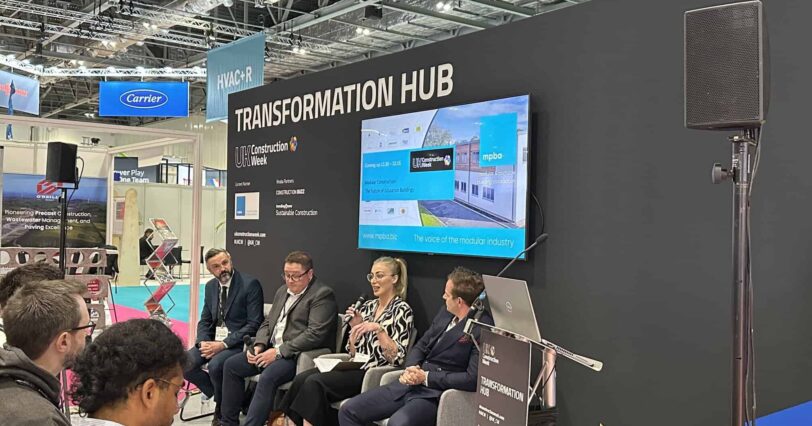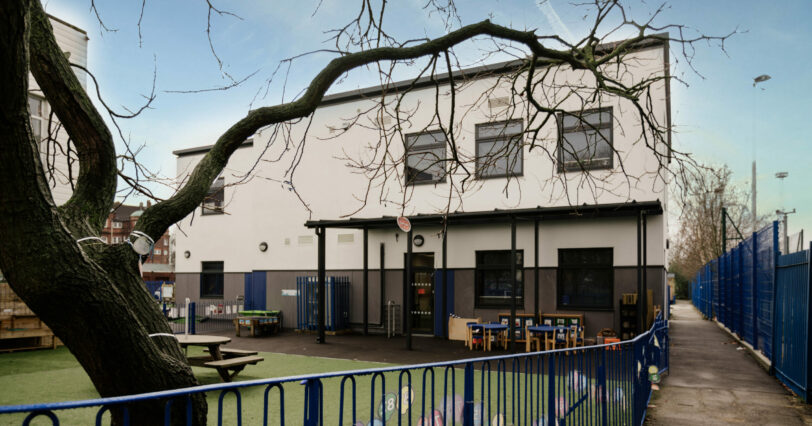Since the discovery of its impact on the planet, climate change has been regularly contemplated and argued. A report by the UN Environment outlined an increase in emissions during 2017 due to global economic growth and weak efforts to improve energy efficiency. Whilst many know the consequences of greenhouse gases, few know what climate change definitively is. This month has seen a pivotal change in the need for action on reducing the use of fossil fuels in order to establish a sustainable future. David Attenborough recently spoke out on his concerns during the COP24 conference stating “we are facing a man-made disaster of global scale”, when reflecting on current reports on climate change.
What is climate change?
Predominantly, climate changes are attributed to small variations in the Earth’s orbit that change the amount of solar energy our planet receives. This causes long-term shifts in the planet’s temperatures and weather patterns; also known as climate change. A common example of this is the Earth’s transition from the ice age to our current climate. However, modern developments have created gradual fluctuations in the Earth’s climate by the increase of greenhouses into the atmosphere. Global temperatures have seen a significant rise since the Industrial Revolution, with the Met Office reporting atmospheric carbon dioxide increasing by over 40%.
The importance of the increase in atmospheric carbon dioxide lies in its heat-trapping nature. Initially demonstrated by researchers in the mid-19thcentury, carbon dioxide and other gases that are the product of fossil fuels, cause solar energy to be trapped within the Earth’s atmosphere. This transcends to impact our planet by causing ice caps to melt, ocean levels to rise and other environmental problems.
The importance of energy efficiency
Being energy efficient creates benefits for the global environment and the bill payer. By generating less energy, buildings will of course, emit fewer greenhouse gases and consequently reduce the impact modern lifestyle has on the environment. Simultaneously, working on energy efficiency minimises the energy demanded from a building which has financial benefits by cutting operating costs. The critical economic issue of sustaining the demand of energy requires consideration to our usage. A surplus of appliances is now available that improve efficiency with their use. However, whilst the concept of energy efficient appliances can certainly help, the buildings in which they are being used are critical in determining their impact on energy efficiency.
Traditionally, older buildings have a lower heat retention and poor energy efficiency. There is an evident urgency for energy efficient buildings to be regularly implemented for all purpose, including domestic and commercial, to face the challenges ahead to limit impacts on climate change, creating a future that is sustainable and reducing world reliance on fossil fuels.







